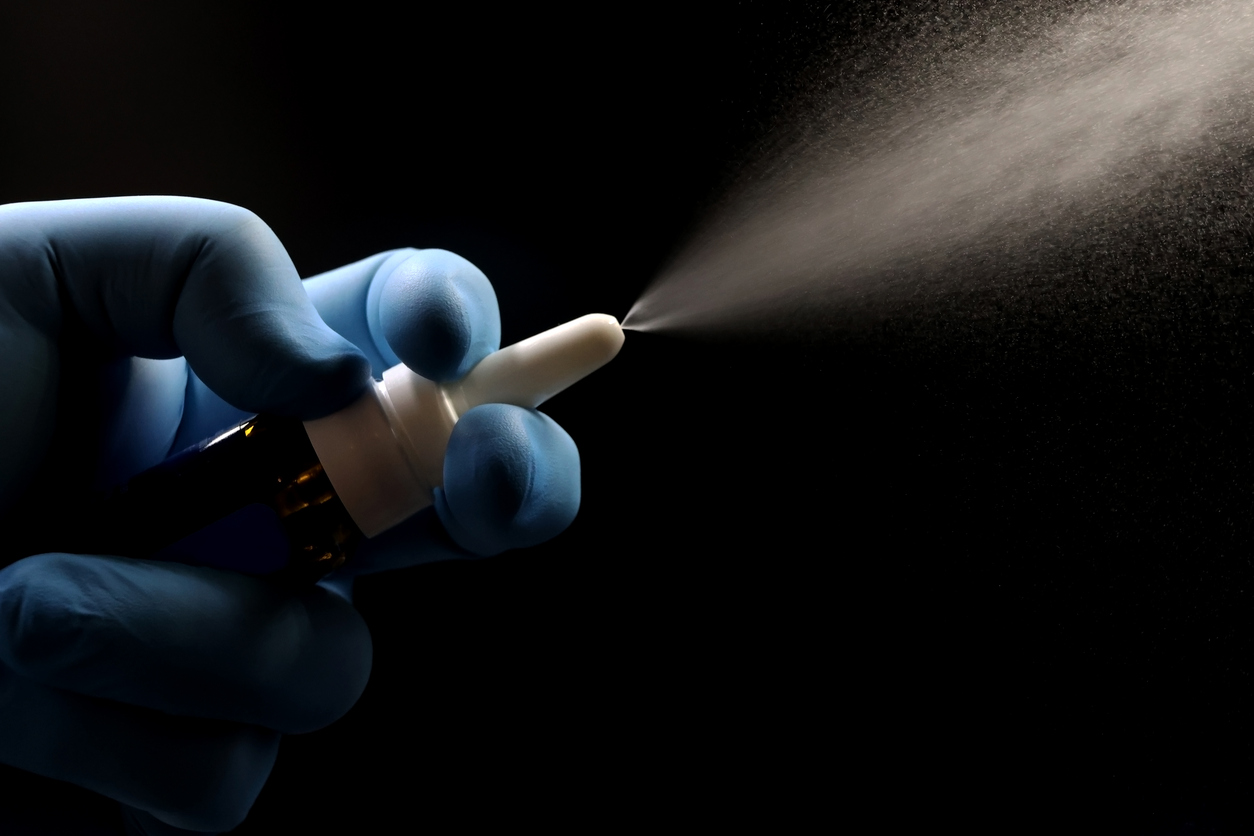With illness on so many people’s minds these days, I thought it might be a good time to review natural ways of supporting our immune systems.
(Listen to my Clinical Focus podcast on the subject of Immune Support.)
Amid the near-total absence of effective “magic bullet” drugs against common viruses that cause upper respiratory infections, it makes sense to pay attention to our bodies’ “terrain,” which determines whether or not we will catch or how we will survive an infection.
Here’s part one of a compendium of the top 21 vitamins and supplements that can shore up a lagging immune response:
1) Vitamin A: Both the retinol and carotene forms of vitamin A play major roles in immune response. So profound is the role of vitamin A that world health officials estimate that vitamin A deficiency is responsible for the deaths of hundreds of thousands every year in the Third World. Teams of health workers go into the field and administer high-dose vitamin A to children in an effort to fend off blinding eye infections, measles and diarrheal diseases. And a new project is under way to bioengineer “Golden Rice,” rich in vitamin A. The carotenes (alpha carotene, beta carotene, lycopene, lutein, etc.) also are implicated in immunity.
2) Vitamin C: In classic vitamin C deficiency (scurvy) the body becomes extremely vulnerable to infection. I recently reported on a new study by my colleague Dr. Carol Johnston at the University of Arizona showing that vitamin C shortens the duration of colds and improves the fatigue of cold-sufferers. In my practice, high-dose intravenous vitamin C is the mainstay of my approach to viral infections such as mono, hepatitis and shingles.
3) Vitamin D: Dr. John Cannell, world famous for his vitamin D research, first came to appreciate its role in immune enhancement when he noticed that patients whom he had dosed with vitamin D had fewer and milder flu episodes. After I optimize my patients’ vitamin D levels, many report that they’ve never been so free of upper respiratory infections. D works in part by promoting the body’s production of cathelicidin, an antimicrobial peptide.
4) Vitamin E: Elderly subjects especially may benefit from vitamin E since it enhances both humoral and cell-mediated immunity. 200 international units daily was found to be effective in protecting nursing home residents from the common cold.
5) B Vitamins: A deficiency of B6 has been shown to depress immunity; lack of adequate vitamin B12 and folate can cause megaloblastic anemia that depresses white blood cell counts; and thiamin, riboflavin and pantothenic acid each play a supporting role in optimal immune response.
6) Iron: Commonly deficient in women, iron is essential for the cells that make up our immune defenses. But it also is an important nutrient for bacteria, so care must be taken that iron supplementation doesn’t stoke infections. I generally prefer dietary iron to high-dose iron supplements in conditions such as colitis, sinusitis and cellulitis.
7) Selenium: Sometimes referred to as “a birth-control pill for viruses,” selenium has been shown effective against cytomegalovirus and HIV. It may have cancer-protective effects and it is a cofactor with glutathione to quash damaging free radicals.
8) Zinc: Crucial to immune defense, zinc is effective in countering a wide gamut of pathogens, including the common cold (hence the popularity of zinc lozenges). Caution must be taken with zinc because high doses (>150 mg/day) have been shown to be immunosuppressive.
9) Probiotics: There is more immune tissue in the GI tract than anywhere else in the body. Crucial to optimal immunity is the “cross-talk” that takes place between healthy bacteria in our intestines and lymphoid tissue that lines the gut wall. Experimental animals whose GI tracts have been rendered sterile have poor immune defenses; humans whose intestinal flora has been damaged by repeated doses of antibiotics also exhibit lowered immune response. Additionally, probiotics compete with harmful bacteria and keep them from proliferating.
10) Garlic: Supplementation with Aged Garlic Extract has been shown to enhance the function of critical defensive white blood cells and shorten the duration of colds and flus. Garlic may also enhance immune system surveillance against cancer.
11) Beta Glucans: Various fungus-derived polysaccharides promote immune response. They are typically obtained from medicinal mushrooms including reishi, shitake and maitake, or nutritional yeast. In Japan, a supplement called AHCC is the No.1-selling nutraceutical and is routinely prescribed to cancer patients to bolster their immunity while undergoing conventional therapy with chemo or radiation. It possesses significant activity against a wide variety of viruses, including the flu, hepatitis and HPV.
The nutraceuticals above are just the beginning of the wealth of supplements that can help bolster your immune season during this trying time of year. Many of the supplements above can be found in my Fullscript store, a curated catalog of supplements chosen by yours truly.
Join me again next week to discover the remaining ten nutraceuticals that I recommend.








